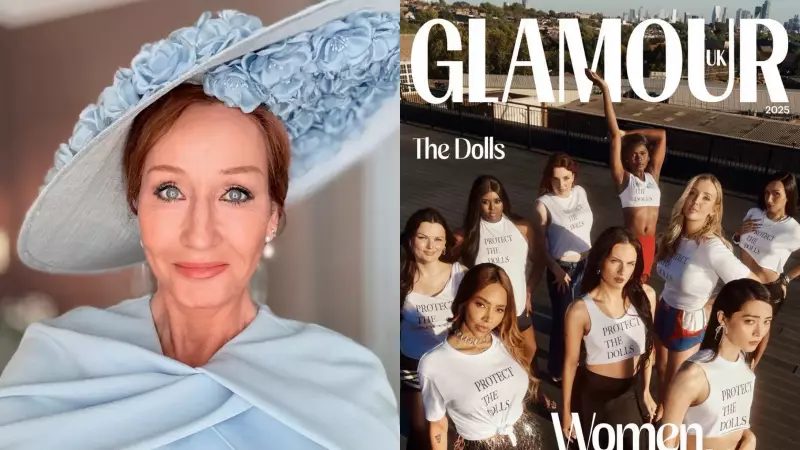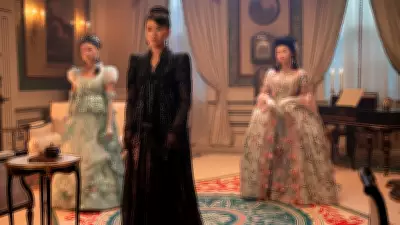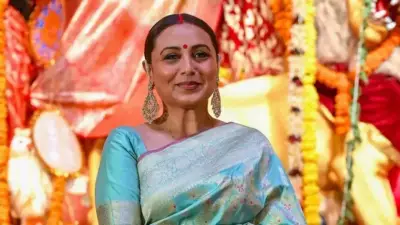
Renowned author JK Rowling has once again found herself at the centre of a heated gender debate after Glamour UK's decision to include a group of transgender dolls in their Women of the Year list. The Harry Potter creator didn't hold back in her criticism of the magazine's editorial choice.
The Controversial Recognition
Glamour UK recently unveiled their Women of the Year awards, which included what they described as a "group of trans dolls" among the honorees. This recognition was intended to celebrate diversity and inclusion, but it quickly drew strong reactions from various quarters.
Rowling's Viral Response
Taking to social media platform X (formerly Twitter), Rowling delivered a sharp critique of the magazine's decision. Her now-viral post stated: "Men are better women than we are", highlighting her ongoing concerns about what she perceives as the erosion of women-only spaces and recognition.
The author's comment immediately sparked intense discussion online, with supporters and critics alike weighing in on the matter. This isn't the first time Rowling has expressed controversial views on transgender issues, having previously faced both backlash and support for her positions.
Divided Public Reaction
The public response to both Glamour UK's decision and Rowling's reaction has been sharply divided. Supporters of the magazine's choice argue that it represents progress in recognizing transgender identities and promoting inclusivity.
Meanwhile, those aligning with Rowling's perspective see the recognition of dolls as women as problematic and potentially demeaning to biological women's experiences and achievements.
Ongoing Gender Debate
This incident adds another chapter to the ongoing global conversation about gender identity, women's rights, and representation. Rowling continues to be one of the most prominent figures in this debate, using her platform to regularly express her views despite facing significant criticism.
The controversy raises important questions about how society defines womanhood, who gets to decide what constitutes female achievement, and where the boundaries of inclusion should be drawn in modern recognition programs.





